The essential guide to navigating the vast world of research tools
Introduction
In this modern era of rapid technological progresses, it is necessary to be informed with updated data and collect information efficiently. Regardless of your occupation, having possession of the necessary research tools will greatly impact your work. However, how do you know which one to select? Fear not! We’ve curated a list of the top 10 research tools for 2023 that every expert should know about.
Research Tools: Why the Hype?
Its undeniable that research tools have totally transformed the way in which we collect and analyze data. The era of thumbing through books at the library is a thing of the past, and thanks to the right research instruments, information is readily accessible with a simple click. Nevertheless, it is vital to make sure the tool you decide on matches your needs and provides precise, up-to-date information.
1. Google Scholar: The Academic’s Best Friend

For anyone deep into academic research, Google Scholar is the go-to. This free, easily accessible search engine indexes scholarly articles from various disciplines, making it easier to find relevant literature. Its citation feature also simplifies the process of referencing.
2. Evernote: Organise Your Thoughts
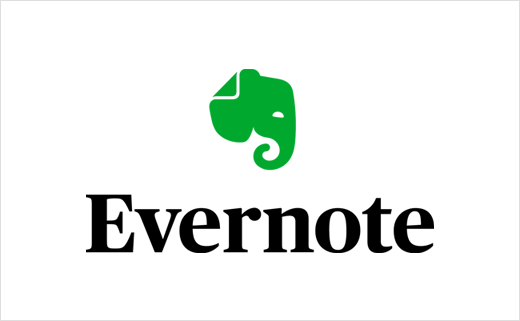
Every researcher knows the importance of keeping their findings well-organised. Evernote offers a platform to jot down ideas, save web pages, and categorise them under different notebooks. With its user-friendly interface, syncing capabilities across devices, and search functionality, it’s a researcher’s digital notebook dream!
3. Statista: Dive into Statistics
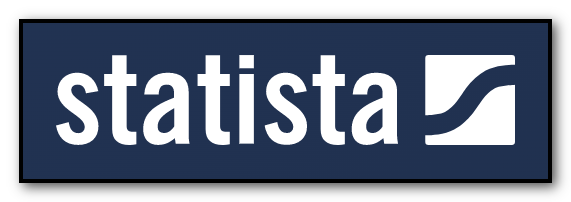
If numbers and data drive your research, Statista is the tool for you. Offering statistics on over 600 industries, it provides insights that are crucial for business professionals and market researchers. The site is also frequently updated, and thus ensuring that we always have access to the most recent data.
4. Mendeley: The Ultimate Reference Manager
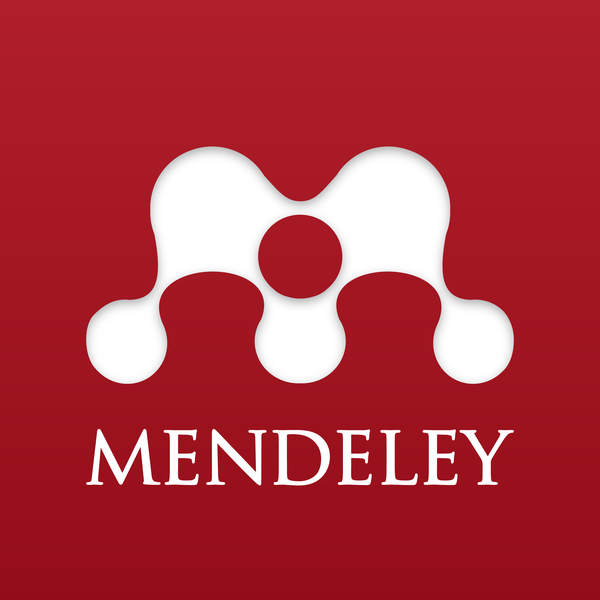
Mendeley acts as a personal research assistant. It helps manage, share, and discuss research with others in your field. Not only can you store and organize documents, but it’s citation and bibliography tools integrate seamlessly with word processing software.
5. SEMrush: For the Digital Marketer
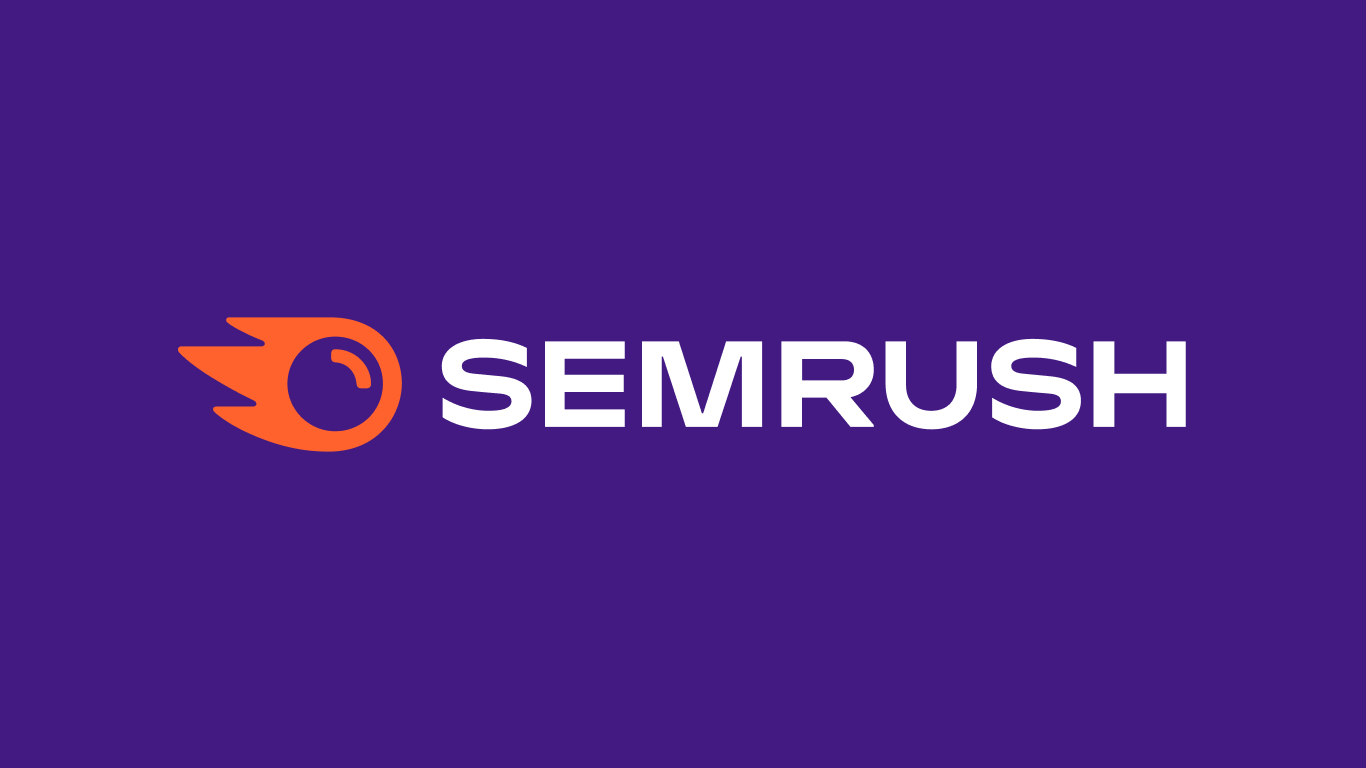
SEMrush goes beyond traditional research. This tool is highly valuable as it helps us gain insights into a websites performance and competitor analysis. Perfect for SEO research and content strategy!
6. JSTOR: A Treasure Trove of Academic Articles

For individuals immersed in the field of humanities and social sciences, JSTOR is highly valuable. Providing entry to a vast collection of scholarly journals, books, and documents, it proves indispensable for conducting thorough and comprehensive research.
7. Trello: Keep Your Projects on Track
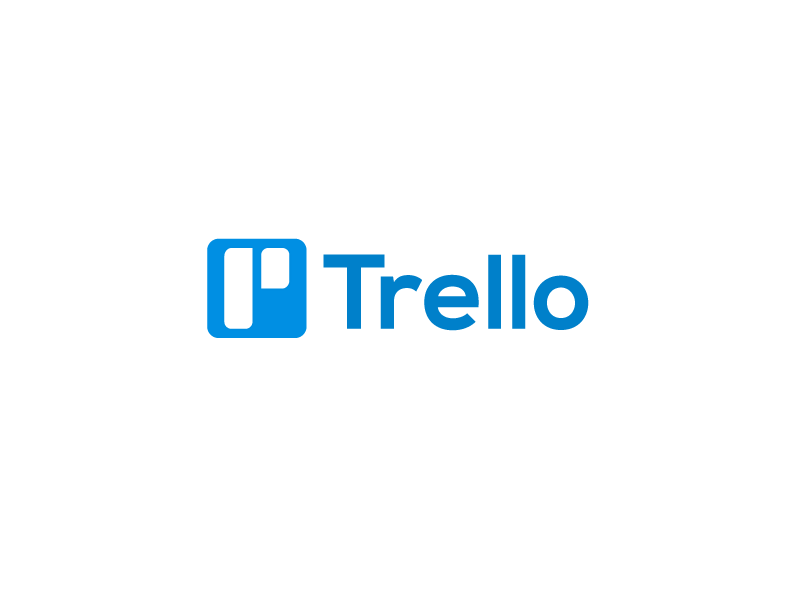
Research often involves multiple tasks and deadlines. Trello’s visually appealing boards, lists, and cards help researchers prioritize and organize their projects. It is perfect for team research projects thanks to its collaboration features.
8. BuzzSumo: Content Research Made Easy

BuzzSumo provides insights into the most shared content for any topic or website, and is helpful in providing information on what content is making waves in the industry. It is a necessary resource for marketers and content creators.
9. EndNote: Simplify Your Citations
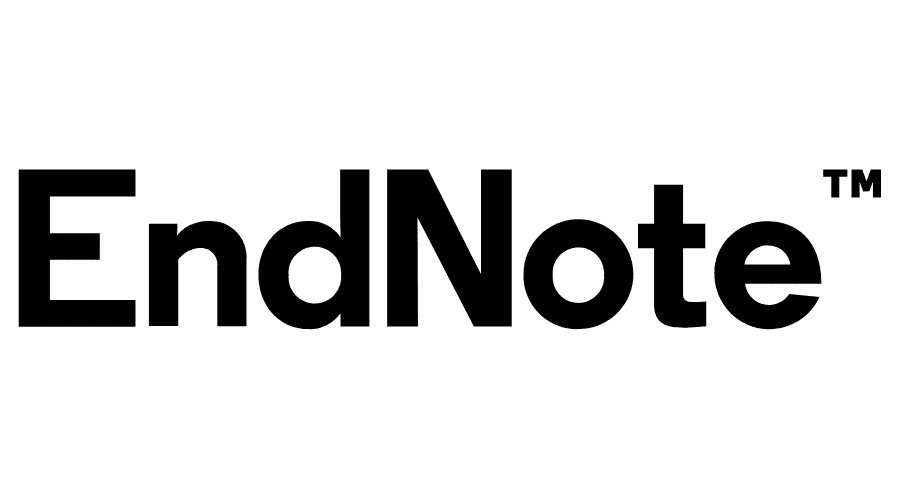
EndNote takes the hassle out of referencing. With its massive library of citation styles and integration with Word, it streamlines the process of inserting citations and creating bibliographies.
10. Google Trends: Stay Updated
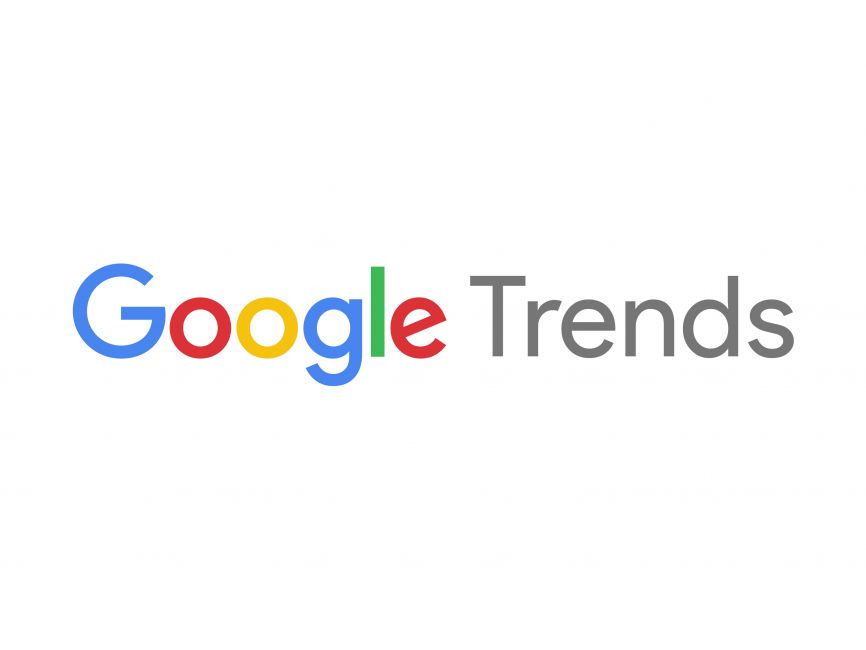
Understanding trending topics can provide valuable insights for researchers. Google trends is useful as it shows the rankings of the search queries over time, and makes it easy to detect and predict patterns and future trends.
FAQs
- Why are research tools essential in today’s digital age?
Research tools streamline the process of gathering and analysing data, saving time, and ensuring accuracy.
- Can these tools replace traditional research methods?
While they offer efficiency, it’s always good to combine digital tools with traditional research methods for comprehensive insights.
- How do I choose the right research tool for my needs?
Identify your research goals, assess the tool’s credibility, read reviews, and perhaps start with a free trial or demo.
- Are all research tools expensive?
No, many tools, like Google Scholar, are free. However, some may have premium features available at a cost.
- How often are these tools updated?
Most digital research tools are updated regularly to incorporate the latest data and features.
- Are my data and information safe with these tools?
Always check the tool’s privacy policy and reviews to ensure your data’s security.
Conclusion
In 2023, with the plethora of information available, research tools are no longer a luxury but a necessity. The right tool can totally transform the process of research and makes it more enjoyable while providing accurate information. These 10 tools not just help you stay updated, they also help you stay ahead.
External Links/ Sources:
